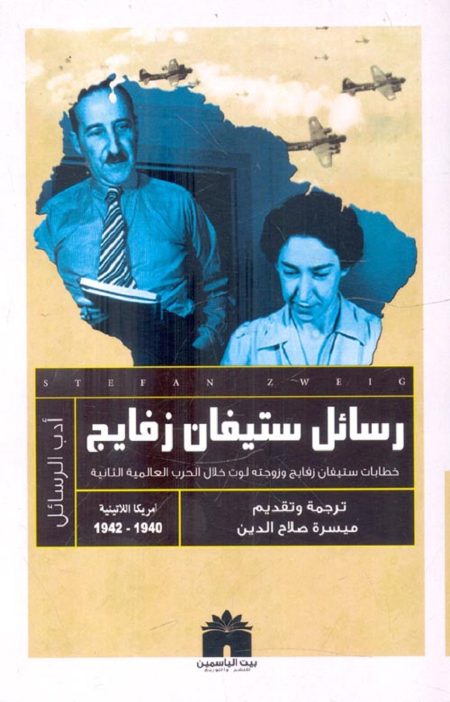962-7983-18423+
24/7 دعم

It weaves a mysterious and frightening atmosphere in which the human soul mixes with the unknown, displaying internal conflicts and terrifying secrets in an exciting literary format.

It deals with a vision of faith in how God’s hidden kindness appears in the events and trials of daily life to reveal to us His mercy and wisdom.

It is a collection of correspondence that reveals Zweig’s deep thoughts and reflections on life, love, and literature, in light of the transformations of his era.

Arabic / English
The memoirs of British General Edmund Allison, who served in the Levant and provided a personal view of the political and social events in the region during the First World War.

In one of his letters, Voltaire describes England as: “The land of freedom, where man can think and speak without restriction.”

Arabic / English
It is a classic romance story that highlights love and social conflicts through the complex relationship between Elizabeth Bennet and Mr. Darcy.

Arabic / English
It is an adventure novel that tells the story of Phileas Fogg who defies time to travel around the world in 80 days, in an adventure full of challenges and surprises.

Arabic/English
This novel follows the life of young Jane, who overcomes the social and emotional difficulties of life to find her true love amidst psychological and moral challenges.

A novel that combines romance and psychoanalysis, it tells the story of an independent young woman who challenges society in her search for love and dignity.

Arabic/English
A novel that depicts the conflict between human values and the effects of dry industrialization on society and relationships.